UK finance minister, under fire over cost of living, defends tax cuts
British finance minister Rishi Sunak has defended his newly-announced policy on tax cuts, after they were criticized for not helping the poorest households amid an alarming drop in living standards.
With the crisis in Ukraine disrupting the global energy market and pushing up energy prices, the UK has seen inflation reaching almost 9 percent.
Instead of allaying their concerns, Sunak told lawmakers on Monday that his overall policy plan, including welfare measures for poor people taken last year, have been “highly progressive.”
“I am comfortable that the choices I have made are the right ones for the country,” the minister told the House of Commons.
Sunak said the government would wait to see if households facing surging energy costs would need necessary support in October, when power bills are due for a twice-yearly reset.
“Let's wait until we get there and then decide on the most appropriate course of action,” he noted.
British finance minister also stressed that borrowing more, for compensating on the COVID-related costs, could push the inflation felt mostly by the poorest to higher levels.
In February, Sunak introduced a package of 9 billion pound ($11.8 billion) to relieve the economic pain for households facing soaring electricity and gas prices.
Dismissing the limits of easing the cost-of-living crisis, Sunak said the fiscal headroom built into his tax and spending plans could be wiped out by higher interest rates or higher tax-to-gross domestic product ratio.
“If you took the Bank of England's economic outlook as opposed to the OBR's (Office for Budget Responsibility), an equally credible institution, that would wipe out over half of it,” he told the parliament.
The Institute for Fiscal Studies last week said Sunak’s economic plans were “indefensible” as they would widen the gap between taxes on earnings and those on pensions and unearned income.
“His choice to increase national insurance rates and reduce the basic rate of income tax looks, to me at least, indefensible from an economic point of view - though one can see the political attractions,” Paul Johnson, director of the institute, told a news conference.
The Resolution Foundation, another think tank, said absolute poverty was expected to jump by 1.3 million people next year, including half a million children, as inflation continues to outpace incomes.
“Rishi Sunak has prioritized rebuilding his tax-cutting credentials over supporting the low-to-middle income households who will be hardest hit from the surging cost of living,” Resolution Foundation Chief Executive Torsten Bell said.
Sunak, the UK's chancellor of the exchequer, cut fuel duty and promised lower income tax last week, but he has been under fire since then, as his plans have been unable to help the poor households.
With limited support from the government to address the cost of living crisis, households are aware that more fiscal pain will be coming when energy prices leap by as much as 50 percent over the next weeks.
‘How many more have to die?’: Minneapolis mayor demands Trump end ‘invasion’
VIDEO | Criticism grows over Pakistan joining Trump-led 'Board of Peace'
Iraq’s dominant political bloc nominates Nouri al-Maliki for prime minister
Israel moves to restrict Palestinian re-entry to Gaza, ‘encourage outflow’: Report
VIDEO | Iran warns enemies against new 'adventurism'
VIDEO | Venezuelans demand return of their president Nicolás Maduro
Muslims facing ‘major confrontation’ led by US and Israel: Hezbollah chief
Palestine Action activist at risk of death after beginning thirst strike in UK jail


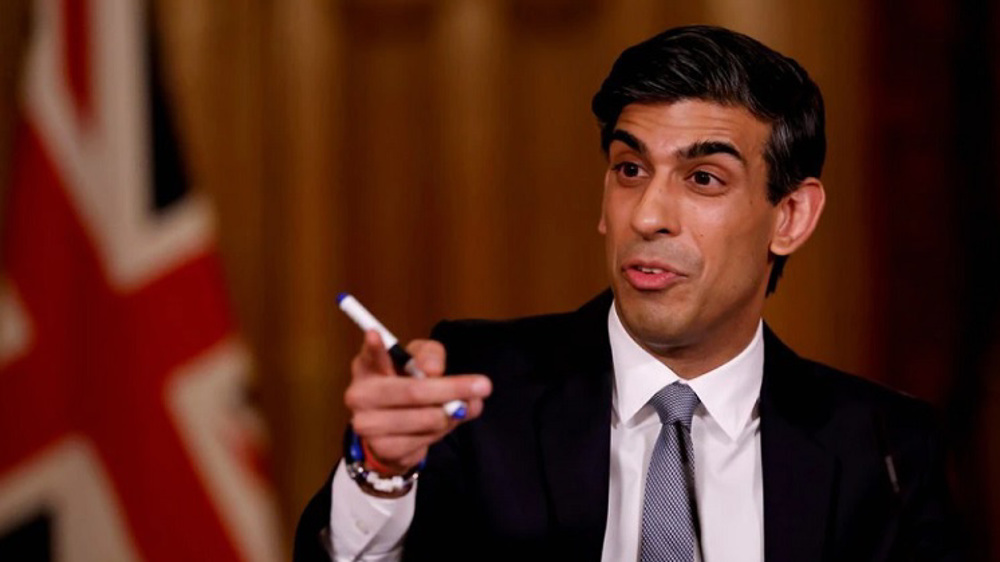
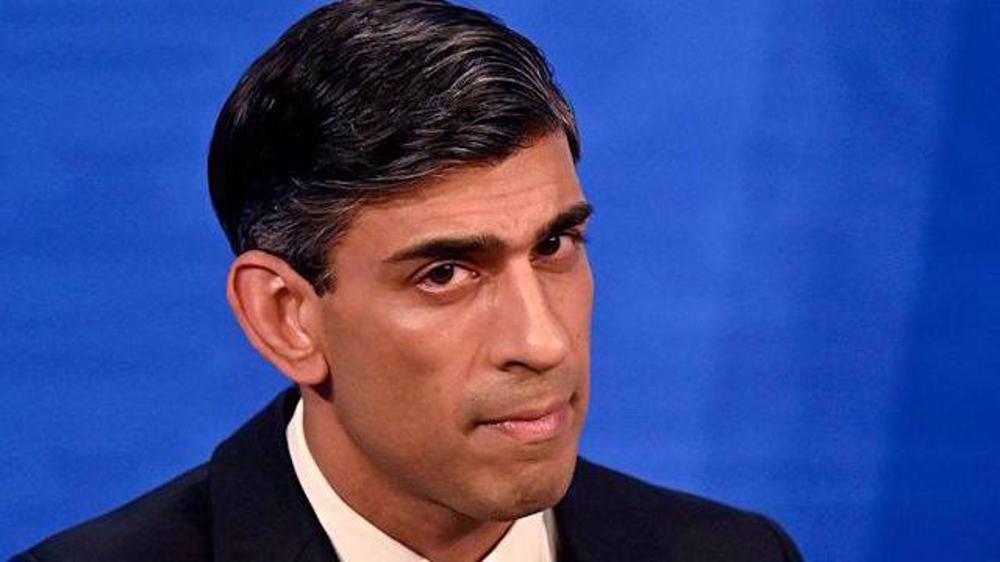
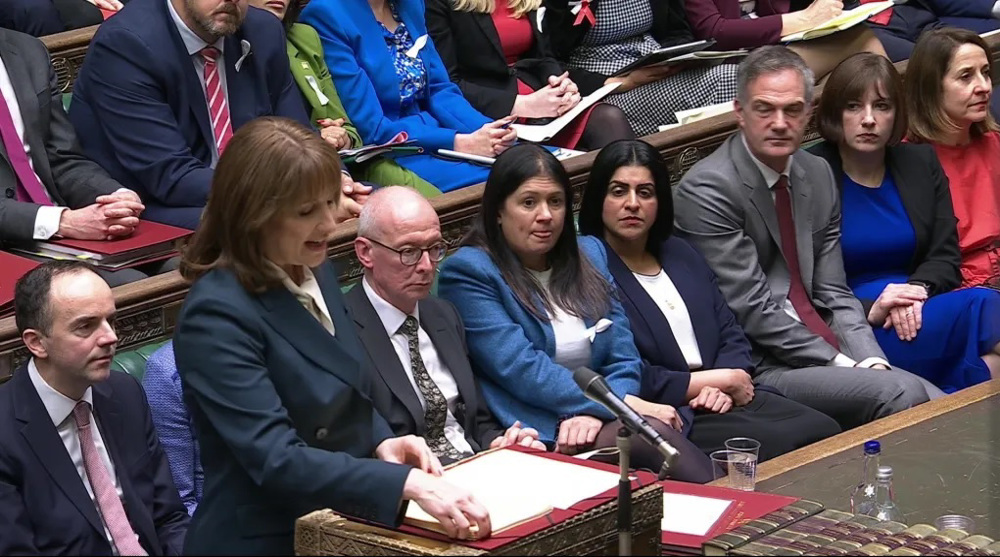
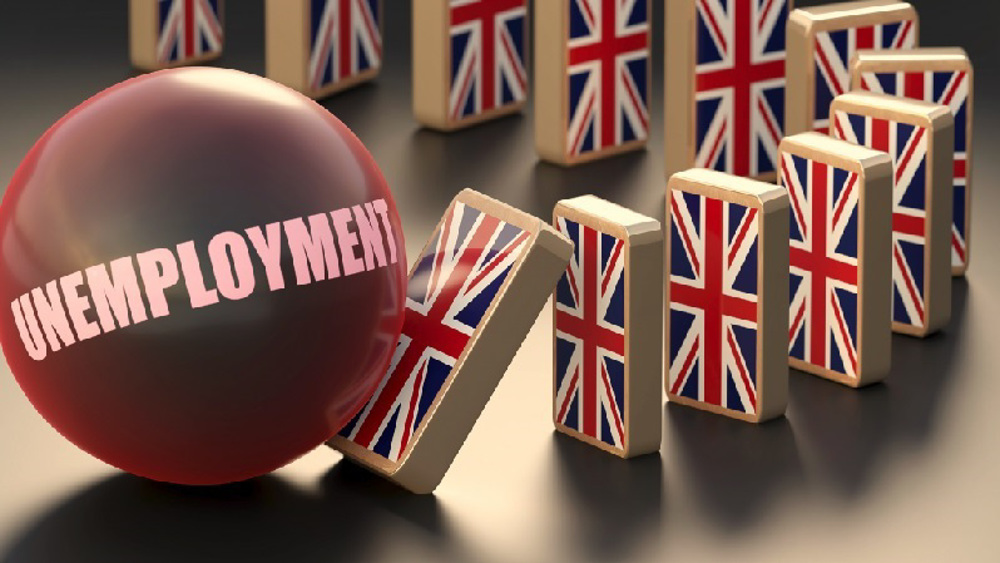




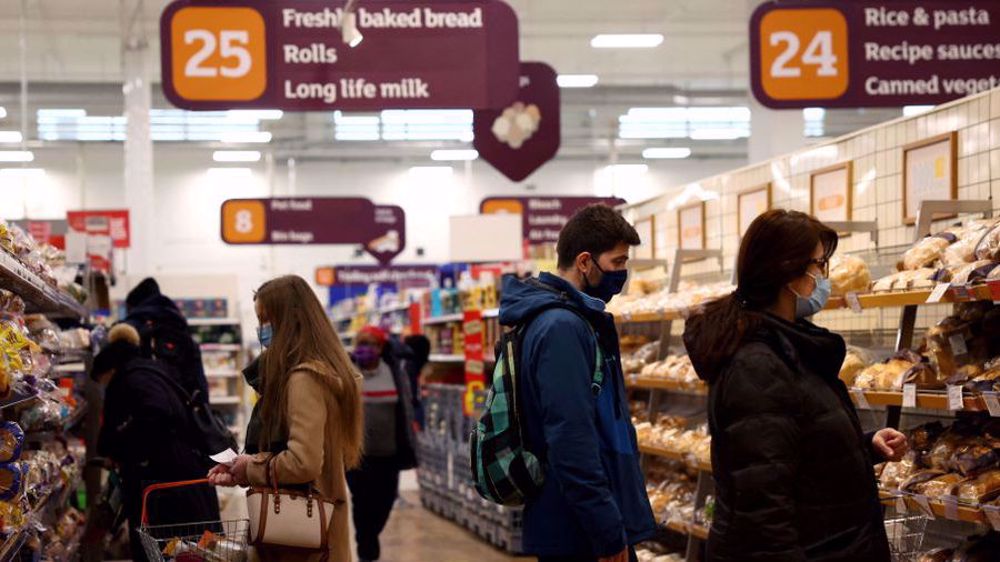
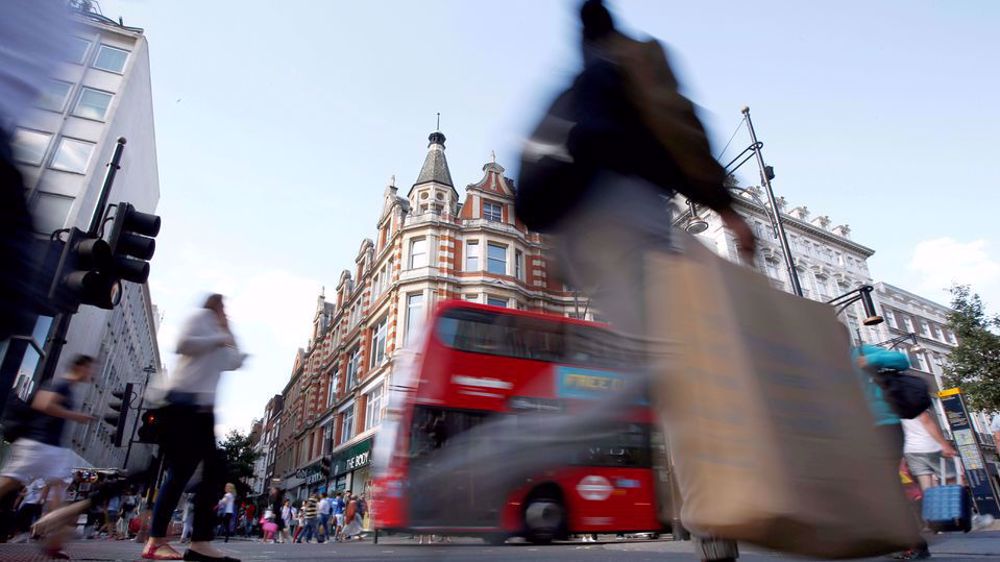
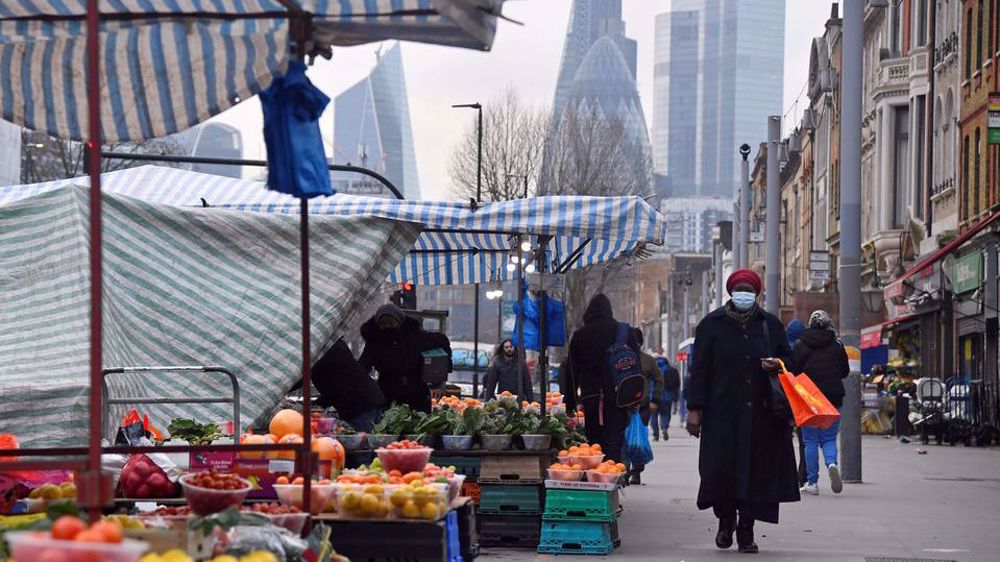


 This makes it easy to access the Press TV website
This makes it easy to access the Press TV website